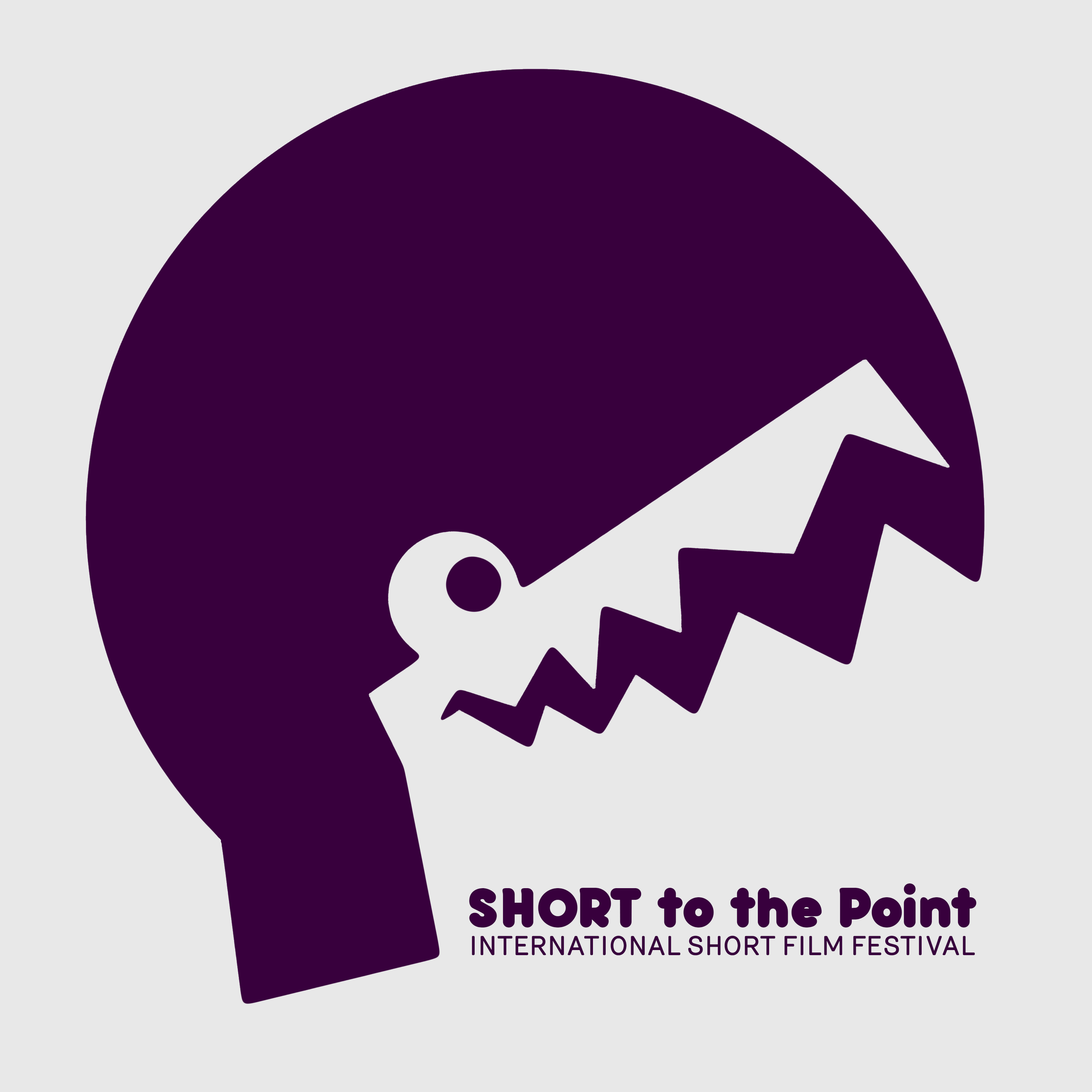- Was there a particular event or time that you recognized that filmmaking is your way of telling stories?
Growing up I’ve always been a highly visual person, therefore I always favored learning stories through watching movies or tv shows rather than reading books. Since childhood, the interest in telling stories through these mediums in particular has always captivated my attention.
- Do you think it is essential to go to a film institute in order to become a successful filmmaker?
I don’t necessarily believe that attending a film institute is the primary reason to become a successful filmmaker, but rather I believe that the personal connections and one-on-one techniques learned there are what help filmmakers go even further in the industry.
- Is it harder to get started or to keep going? What was the particular thing that you had to conquer to do either?
I think that maintaining a constant drive to finish is more difficult. For our film in particular, overcoming the obstacle of moving back home during the middle of our film’s production and then finding the drive and motivation to finish was very hard. Only with the passion and the realization that finishing this project would be worth it in the end really helped our crew pull forward towards the finish line.
- What was the most important lesson you had to learn that has had a positive effect on your film? How did that lesson happen?
The most important lesson that I learned throughout our production was that maintaining healthy relationships and being patient with one another was very important especially considering that we couldn’t physically see each other to collaborate as we would normally do. Understanding the importance of this is important because it helped motivate each other that we were doing a great job and that we should keep going no matter the obstacles we had to face.
- What were the production realities from casting through editing that you had to accommodate? How did you navigate those compromises or surprises and still end up with a cohesive film?
For our film in particular, whenever we came across any difficulty we would each take the responsibility to find a solution or to offer as much help as we could in order to resolve the problem. We researched to find ways to troubleshoot any obstacle that we faced and learned how to work through so that we could finish the film to the best of our ability considering the circumstances.
- What was the hardest artistic choice you made in the making of a film, at any stage in production?
As the VFX Supervisor of the film, the hardest choices I had to make was the overall lighting and rendering of the film to make sure that it was aligned with the vision of both the director and what was technically possible to do. Therefore due to time and technical limitations, we would have to compromise with what “look” or elements made it in the film.
- You are a collaborator. How have you discovered members of your team and how do you keep the relationship with them strong?
As a collaborator, realizing that there are many people who have strong experiences and abilities in specific parts of the pipeline and asking them for their input or help is important. Reaching out to other students and spreading the word of our project is a big factor of our team and making sure that we had the best people we could have during production. In order to keep a strong relationship, you should always ask the team if there is anything they need help with or if you need to explain anything further. Understanding the concerns and needs of others on your team helps a production run more smoothly.
- What do audiences want? And is it the filmmaker’s role to worry about that?
I think audiences want a good story that they can relate to, and I do believe that it is the filmmaker’s role to worry about. I think it is the responsibility of the director and the crew to create a story that artistically and visually tells the story that audiences around the world can understand.
- What role have film festivals played in your life so far? Why are they necessary? How do you get the most out of them?
Film festivals are important to me because they challenge filmmakers from different areas of the world to collaborate and come together to create something to share with the world. I think that they are necessary because it helps smaller filmmakers get discovered or acknowledged in the industry.
- Do you believe that a filmmaker should be original and fresh or he/she should stick to classic but safe cinema style?
I think that creating stories that have a unique and fresh perspective on conflicts and issues that most people can relate to is the way to go. For our film in particular, using animation to illustrate both bullying and domestic violence is quite unusual because our film doesn’t only attract a younger audience, but even an older audience. Additionally, it teaches a lesson for people of every generation.










